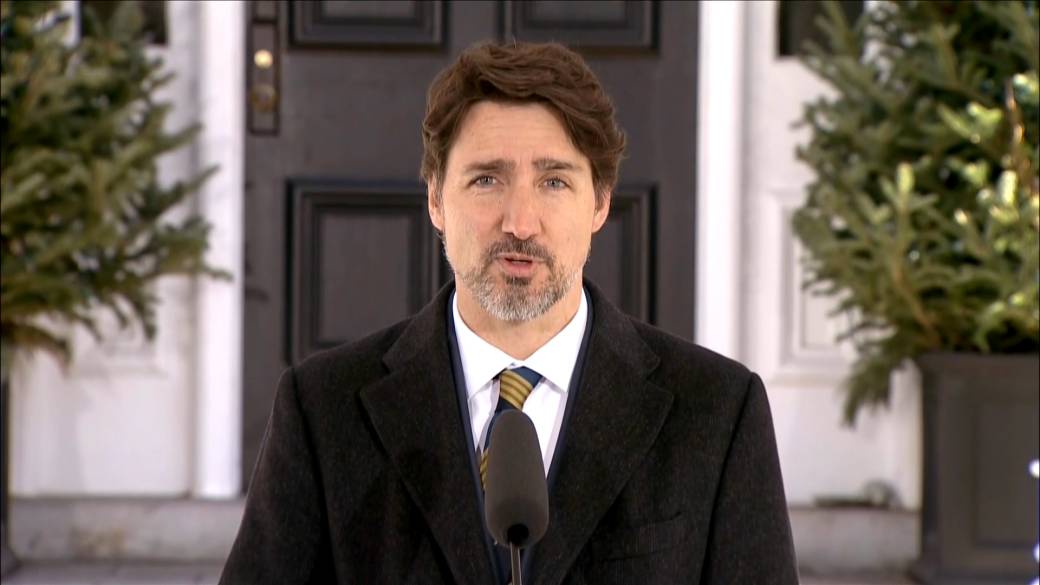The Liberal Administration of Justin Trudeau is under a great deal of pressure to set aside or end the application of the Carbon Tax upon many items and services Canadians use and consume, from energy, and food stuff, to services rendered. Liberal polling numbers may have fallen, and a response to these demands from the public and business has effected some change overall.
Why was the Carbon Tax initiated? To curb the waste, consumption, and processes that create excess carbon. If Canada was to be taken seriously at the Paris Accords, and internationally over this t
ax became essential. Costs have driven the public and some corporations away from creating this carbon, and in many cases corporations simply paid to be allowed to continue their polluting ways. A Carbon Tax, said to be neutral in its application, was spread out over a universal public cost, everyone paid into it somehow. Refunds were issued.
Perhaps this tax should be directed towards those industrialists who pollute our air, and not the public per se. Did you know that there are systems that can allow the use of coal as a source of energy, a process that is high-tech in nature, and would not pass any CO2 into the air? Why is this system not used in Canada? Because corporations find it too expensive, driving their profitability downward. Profits have always been more important to business than our environment and the public’s health. If something can be done legally, it will be done no matter the consequences to others.
Conservatives hate the tax, not because it is not ineffective, but because it challenges the making of profit and operation of corporations in Canada, which are Conservative’s primary source of funding, donations, and influence.
One cannot call upon the world to stop carbon output unless one tries to do so yourself, as an example to others. The Liberals know this and are suffering the public outrage of rising costs of living.
Point of Order: Enforce Canadian laws that already demand corporations to limit their pollution into the environment. End the bubble wrap operations offered to corporations, protected by their wealth, paying into the tax while not changing their operational processes any bit. Say a corporation lets 100 tons of carbon into the air. Instead of forcing the corporations to spend its wealth on proper technology and machinery to end this carbon output, the government lets them buy their way out without any real proof that they will change their ways in the future. Our government seems to protect large corporations much like they do the public, and that is wrong. The public has no wealth to protect themselves, while corporate Canada is excessively powerful and rolling in cash.
Perhaps the
Canadian Government must end the carbon tax entirely, and refocus its attention upon those polluters within the corporate world. Coal operations continue to ship their product to India, China, and beyond, while not selling in Canada. End the export, forcing the industry to create, initiate, and enact true 100% carbonless exhaust capture. If we do not do this, other nations will certainly not. China, India, Pakistan, Asia Minor, and the Southern Latin American Nations fill their air, waterways, and land with toxins daily. We have no control over what they do in their countries. How about a governmental policy advertising to all Canadians that buying the products of those nations that are primarily polluting the globe is wrong, and should be stopped? Furthermore, stresses that the public should buy domestic products over those products.
Put a Carbon Tax upon those corporations that import from nations that pollute our skies and waterways, such as India, China, or even America. America is in the top 5 most polluting nations on the planet, and while they like to dictate environmental issues with India, China, and others, they ignore the fact that they produce more carbon than all the nations on the planet aside from China and India. That is called hypocritical diplomacy.
Costs are rising, and should we ignore the prime directive…Give yourself the power to achieve domestically what you capable of doing. Recognize what you can change, and what you cannot, one day we will face the limitations of our polluted planet.
Steven Kaszab
Bradford, Ontario
skaszab@yahoo.ca
